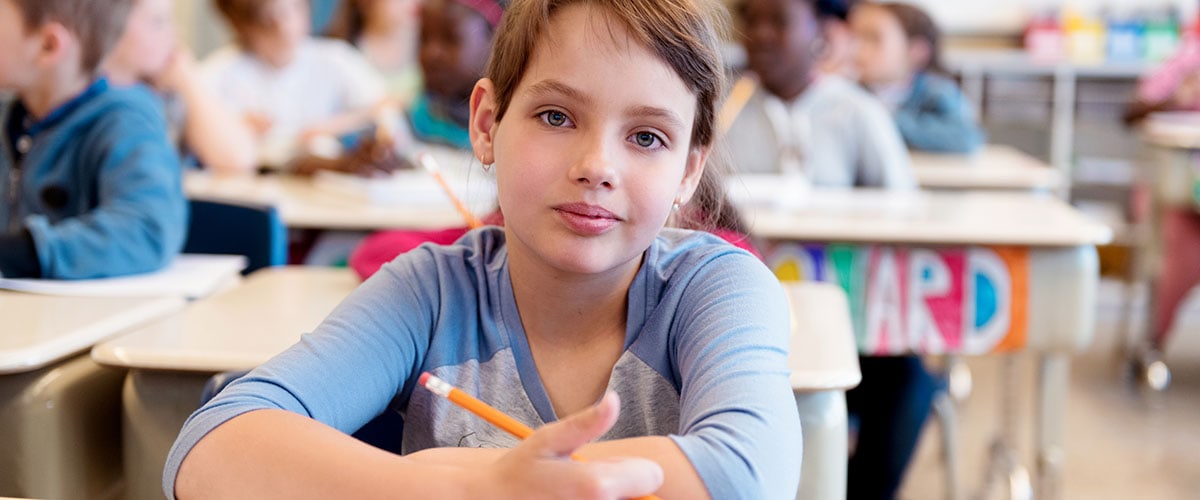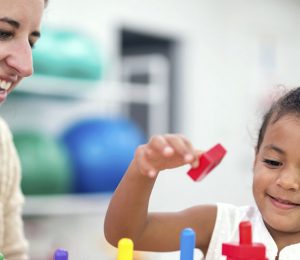Gifted children have cognitive, academic, social, and emotional needs that differ from their peers. Today, it is recognized that gifted identification is crucial to assist these children to reach their potential. Otherwise, underachievement, depression, and “acting out” behaviours are risks for gifted kids.
Children identified as gifted within ministry special needs guidelines can receive an individual education plan (IEP) and may have the option of a gifted program or certain in-school supports and adaptations.
The Complexities of Identifying Giftedness
Gifted intelligence is primarily viewed as a cognitive ability and is identified by psychological intelligence tests such as the Wechsler Intelligence Scale. However, identifying giftedness by tests alone leaves out those who test close to the cutoff point or who do not measure in the full gifted range, yet still demonstrate significant major traits of giftedness.
An example is when a child is verbally gifted but has average nonverbal reasoning skills and exhibits emotional sensitivities, an excellent memory, and needs enrichment in English due to advanced comprehension.
Gifted traits or intensities may also be readily confused with other conditions. Gifted angst may appear to resemble depression, gifted excitements may resemble hyperactivity, rudeness and defiance and gifted higher-level moral reasoning may be viewed as non-cooperative or even belligerence.
Although I have found no two gifted individuals exactly alike, all gifted persons harbour traits of gifted intensity that may be hidden or outwardly displayed—especially since many gifted children are introverts.
If You Think Your Child Is Gifted
I have found through my decades of working with gifted children and adults that early psychoeducational assessment and identification is best. This allows for greater opportunities to provide enrichments and to support the complex gifted needs. It also prevents misdiagnosis and hardships as kids struggle with an education that isn’t optimized for their specific learning needs.
Whether you’re looking to identify a gifted child, deal with difficulties related to giftedness, or find appropriate supports, I recommend scheduling an in-depth consultation with a professional experienced in working with gifted complexities. Giftedness is a specialized arena requiring educational and cognitive expertise and in-depth psychological understanding.
Parents and caregivers will need to develop specific skills to support a gifted child, which you can learn under the guidance of an experienced professional. Parents must address their child’s gifted needs to provide a solid foundation for traits of resilience or grit to emerge, uphold the growth of gifted passions (the areas gifted persons love to focus upon) and support the many complexities of the gifted life.
Find Educational Assessments in Toronto & the GTA
How To Support Your Gifted Child
If your child has been identified as gifted or you suspect your child is gifted, here are some things you can do now:
- Always fully accept child’s emotional intensities and assist them by taking time to listen to ideas, opinions and feelings in a non-judgmental way. Don’t be tempted to moralize, distract or give quick, off-the-cuff advice.
- Provide ample opportunities to discuss feelings openly and refrain from minimizing the impact of intense emotions. Always honour emotions in boys and girls regardless of age or stage. Gifted boys and men are emotionally sensitive and intense though this may not be outwardly evident.
- Always attempt to take time to reassure, reassure, and reassure some more when your child is feeling distress or discomfort. Make your communications authentic, patient, and caring.
Find more information and resources through the Association for Bright Children.



